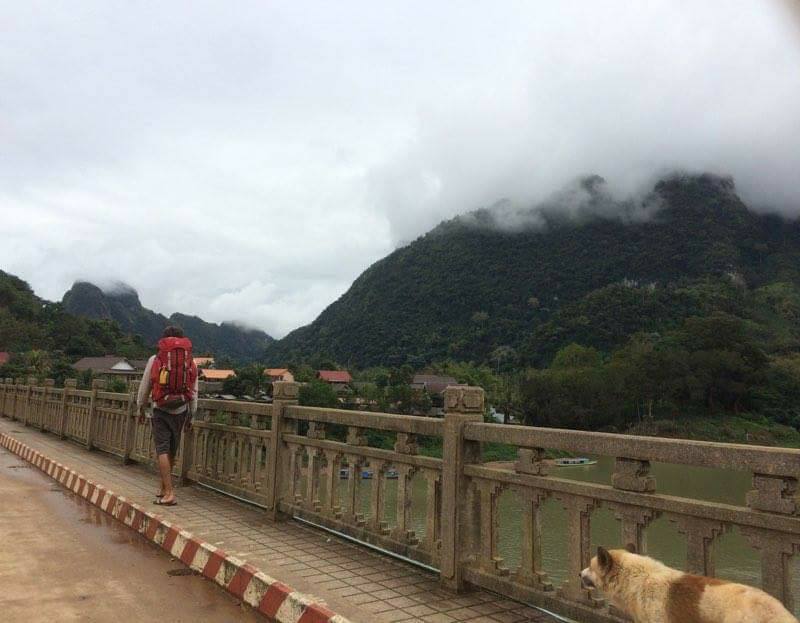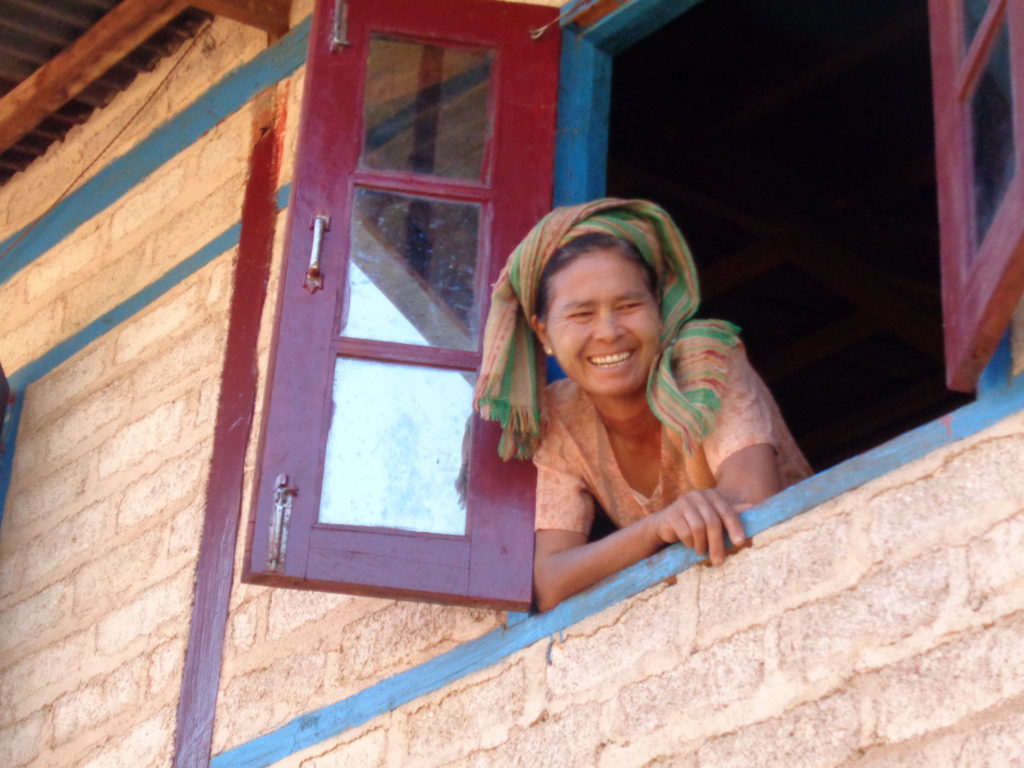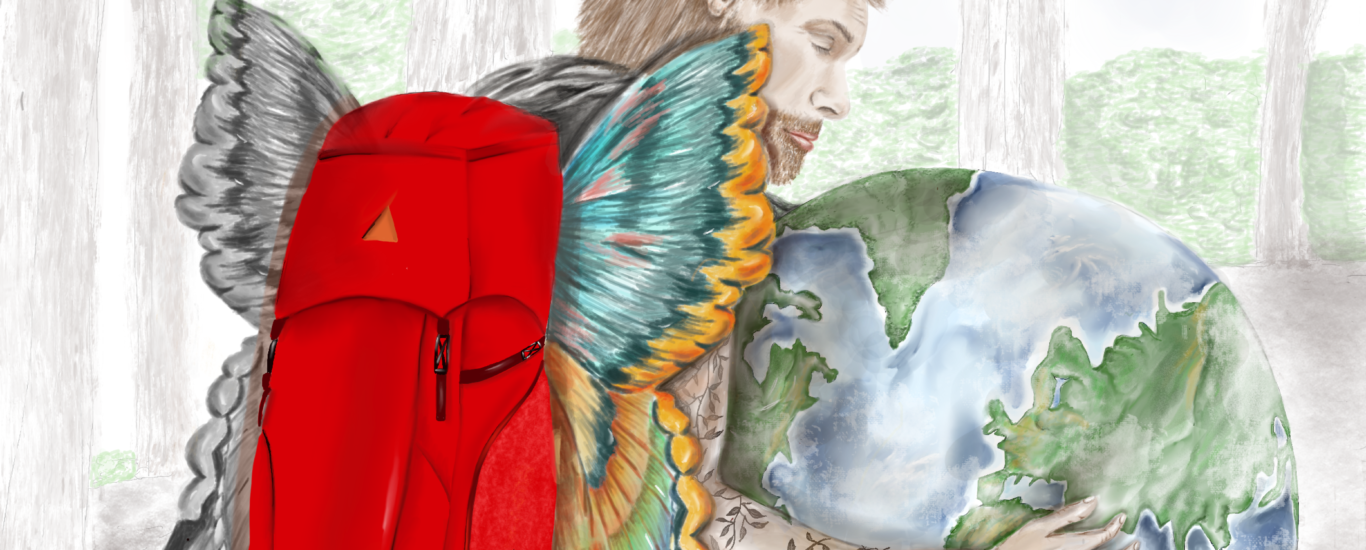This travel book, what is it about?
From a vagabond phenomenon to a romantic idea fantasized by many, long term travel has been on the rise for over 30 years now.
But what does it mean to be a backpacker today?
Is it still the adventure of the first vagabonds and other « celestial tramps » according to Kerouac’s expression? Did new technologies and social media completely change the game?
What is the difference between all these travelers that we find wandering in hostels around the world? What is a tourist? A backpacker? A wanderer? An adventurer?
Having been to more than one hostel during my travels in South East Asia, or as an expatriate in New Zealand or Australia, the questions related to this new practice are swarming in me and provoke sometimes paradoxical emotions.
TRAVEL’S IMPACT
The travel of Westerners through countries radically different from theirs can have a tremendous positive impact on them, as well as a more than perverse influence on the host countries. In a globalized context, rich countries can sometimes consider the World as their sandbox (#worldismyplayground). They « make » countries rather than immerse themselves in them. Like a collection of Pokémons, we want them all for our Instagram. Egotistical hoarding in a sling.
Having gone through many of the traveler’s phases I also embraced most of their clichés. It’s time now that I share my thoughts, critics and comments on these topics. This book is the culmination of 5 years of wanderings, within my own mind, my own solitude, my hedonistic and philosophical questionings and many countries and communities. (I hope you will enjoy it)

Because travel is also a great tool for change, for metamorphosis. Caterpillar can become butterfly. But one can get tired of moving from flower to flower, from relationship to relationship, from job to job and always come back to zero.
While the cicada are having fun, the ants are building the World of Tomorrow.
TRAVEL TO TOMORROW LAND?
Does travel has a role to play?
The skills acquired while traveling constitute a formidable panel that will be necessary for the new world we must build.
The challenges are there, and the system is in full upheaval… Seeing what is done elsewhere, and recognizing the strengths and weaknesses of our country of origin can allow us to gain in humility and efficiency. Thus, globalization can bring us closer to each other, by focusing on our commonalities, and stop dividing. In the same way, our ability to feel privileged in our daily lives can be useful in moments of doubt.

GRASPING REALITY TO FACE CHALLENGES
Therefore, the more we will see young travelers and backpackers coming back from their journeys that have opened their eyes and hearts, the more our society can move in the right direction. Not by literary utopia, and futile hippie fantasies but because they will have grasp some kind of other reality. Provided, of course, that we travel responsibly and with purpose. The ecological crisis leads us to rethink our way of travelling and this is not bad. I myself have participated in many CO2 emissions during my quest for meaning, and I am not proud of it. If you just want to party and enjoy the moment: there are many destinations close to home! No need to fly across the planet every month.
But if you wish to change yourself deeply, to reset the counter of your desires and projects, to get out of a situation that doesn’t suit you anymore (divorce, burn or bored out…), then travel can profoundly serve the collective conscience. Provided of course that you don’t come back to the starting point, unchanged.
If these topics fascinate you and interest you as much as me, I invite you to buy my e-book that I am very proud to present to you today:
https://brice-leclercq.iggybook.com/fr/backpackers/
Because if travel is a hard drug, and many are the temptations to leave again, this book already helps me to anchor myself in my new reality. I still love the discovery of culture, lands, landscapes, exotic foods… But the construction of the self is now built in the construction of a « home » to install my accumulated memories.
